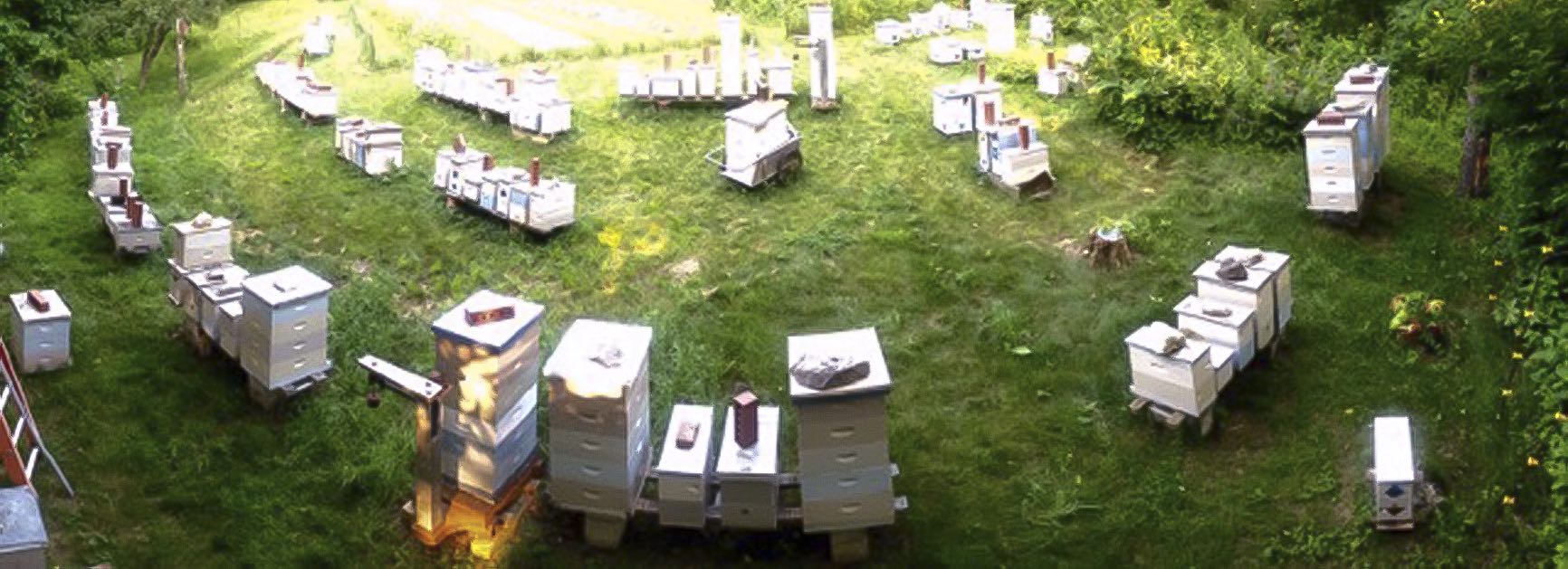My friend Radim has been a beekeeper for 5 years. He’s living in a forested area where his bees are quite for themselves. He started with Elgon bees, but not the very best varieties. He has though been fortunate as
Struggles for the survival of honey bees

SB is a relatively new and dedicated beekeeper in southern Germany. She is interested in different kinds of bees and their place in the ecological system. I asked her to tell her story and her struggles helping her bees to
A locally adapted Varroa resistant bee stock

http://www.happyhollowhoney.com/ Richard Reid in a Virgina rural area in the US began with bees 1973. Beekeeping was simple, almost only it consisted of putting on and removing supers. By 1995 all of his bees died due to the Varroa mite.
Neonics and success
Bees visit corn for pollen, period. Bees visit canola for pollen. Bees visit potatoes for pollen (Danish tests). Bees visit a lot of flowers for pollen. Bees get what the pollen is enriched with. Neonics are not good for bees.
Swarm draws foundationless combs
Larry, the excentric beekeeper in Indiana, shares with me many of his experiences. Here’s one I share with you readers: Friday afternoon, 23 May, I just happened to be present at the beginning of a prime swarm cast from my
Europe versus USA: breeding varroa resistence
Rüdiger Dietrich’s comment is so good I made it into a post of its own as well. Thanks Rüdiger! As a German I have of course to answer to Eriks contribution “Breeding for Varroa resistance: Germany versus USA”…:-). When commenting
The art of beekeeping
Hive of eccentricbeekeeper.com Foundationless Of course it’s more natural for bees to build their own combs. But is it the best for bees and beekeepers? There’s been a lot of discussion about natural beekeeping. First let us be clear. Natural